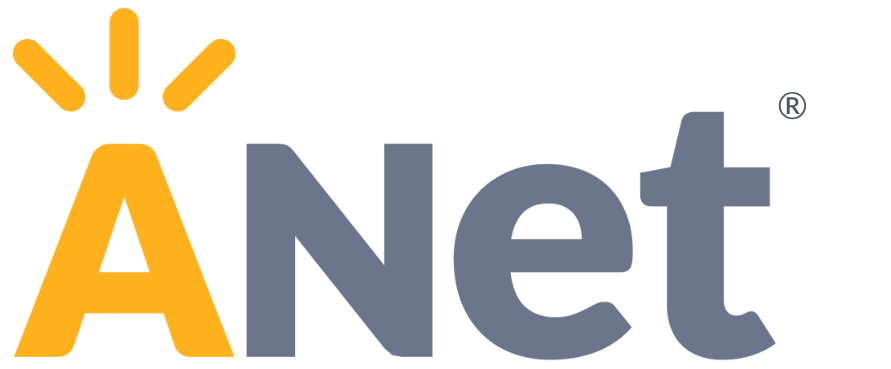 “Miss, back in middle school you had some books about queer people in your classroom…I just want you to know those books helped me know I was going to make it.”
“Miss, back in middle school you had some books about queer people in your classroom…I just want you to know those books helped me know I was going to make it.”
When I received this message from a former student, it reaffirmed something I’ve always known to be true; the content we offer kids to read matters, far beyond academic rigor. Not only does representation in reading material matter for kids, but, in many cases, it can save lives.
For a lot of my students in rural south Texas in the early 2000s, I was the only out adult they knew. There’s an increasing body of research that shows that having at least one accepting adult or role model in their lives substantially decreases the risk of suicide among LGBTQ+ youth. It’s important, then, that students can find those accepting adults easily at school in case they don’t encounter them anywhere else. Ensuring that my classroom library shelves included LGBTQ+ representation was just one way I let students know they were in a safe space.
A recent report by the CDC suggests that more than a quarter (26%) of high school students identify as LGBTQ+, up from 11% in 2015. And how kids describe their sexuality and gender identities are constantly expanding. Unfortunately, at the same time, there are pushes in schools to ban books featuring LGBTQ+ representation. The top three books in the American Library Association’s list of Most Challenged Books for 2023 all focus on LGBTQ+ topics and themes, with several other LGBTQ+ inclusive titles rounding out that list.
At ANet, we have long believed in the importance of representation in our assessment materials, and in recent years we have actively increased representation in our ELA assessment passages along lines of race, gender, socio-economic status, and ability. We have our own progress to make in ensuring students who identify as LGBTQ+ also see their identities affirmed in our work.
June is, of course, Pride Month, a time when these issues are easy to push to the forefront. I would encourage all of us who touch the lives of LGBTQ+ youth to ensure that they feel just as safe, supported, and loved throughout the months of July through May, as well.
If you are interested in getting started in your own learning, or building a classroom library that affirms LGBTQ+ students, here are some Pride Month reading recommendations to get you started.
Elementary School:
Rainbow Revolutionaries: Fifty LGBTQ+ People Who Made History by Sarah Prager
When Aidan Became a Brother by Kyle Lukoff
Stonewall: A Building, an Uprising, a Revolution by Rob Sanders
Middle Grades/Young Adult:
Cemetery Boys by Aidan Thomas
All-Out: The No-Longer-Secret Stories of Queer Teens Throughout the Ages edited by Saundra Mitchell
Let’s Talk About Love by Claire Kann
Adult Ally Reading and Learning:
How to They/Them by Stuart Getty
Trans Children in Today’s Schools by Aidan Key
Stonewall: The Definitive Story of the LGBT Rights Uprising that Changed America by Martin Duberman
